COVID-19 Vaccines
ZyCoV-D: The world’s first DNA plasmid-based COVID-19 vaccine
5 min read
By Apollo 24/7, Published on - 08 September 2021, Updated on - 18 October 2022
Share this article
2
152 likes
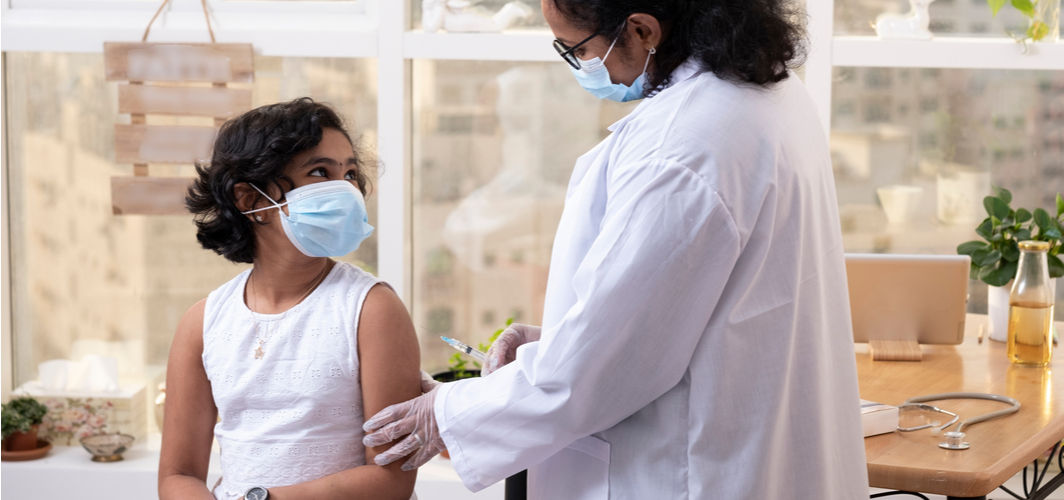
Recently, India became the only country in the world to approve a DNA plasmid-based COVID-19 vaccine. With the emergency nod from the Drugs Controller General of India, the ZyCoV-D vaccine has become the sixth vaccine to be approved in India. It is also the only vaccine to be approved for adolescents in the 12 to 18 years age group.
Researchers across the world say the approval is significant as it is the first time a DNA vaccine has been approved for use in humans. So far, such a vaccine has only been used in animals. According to experts, the approval by DCGI will pave the way for more DNA vaccines in the future. The article below explores the first DNA vaccine in detail.
What is ZyCoV-D?
ZyCoV-D is a DNA plasmid-based COVID-19 vaccine that has been developed by Ahmedabad-based pharma company Zydus Cadila with assistance from the Department of Biotechnology and the Indian Council of Medical Research (ICMR). It is a three-dose vaccine in which the first, second, and third doses are administered at 0, 28, and 56 days, respectively.
According to Zydus Cadila, ZyCoV-D is a needle-free vaccine that needs to be administered as an intradermal injection using a disposable spring-powered jet injector called the “Tropis”. The injector propels medications or vaccines at high pressure through the skin to the desired layer of the tissue without causing pain.
How does ZyCoV-D work?
ZyCoV-D contains plasmids or small rings of DNA that encode the spike protein of the SARS-CoV-2 virus. Along with the gene encoding of the spike protein, the vaccine also contains a promoter sequence for turning the gene on. Once the plasmids enter the cell nuclei, they are converted into messenger RNA (mRNA), which then travels to the cytoplasm (the main body of the cell). Once inside the cytoplasm, the mRNA is translated into the spike protein of the SARS-CoV-2 virus. Upon detecting the presence of spike proteins, the immune system of the body mounts an attack. The immune system produces antibodies and immune cells that fight the proteins and develop immunity against future infections.
What is the efficacy of ZyCoV-D?
According to Zydus Cadila, the interim analysis of phase 3 clinical trials of ZyCoV-D has shown that the vaccine has a primary efficacy of 66.6% for symptomatic RT-PCR positive cases. During the study, no moderate cases of COVID-19 were observed in the vaccine arm after the administration of the third dose of the vaccine. This suggests that the vaccine offers 100% protection against moderate disease after the third dose.
Is the vaccine effective against the Delta variant of the SARS-CoV-2 virus?
The large-scale phase 3 clinical trials of the ZyCoV-D were conducted at 50 trial sites across India. The trials were conducted in the months of April, May, and June when the entire country was in the grip of the second wave of COVID-19. According to the vaccine maker, this affirms the effectiveness of the vaccine against the Delta variant of the SARS-CoV-2 virus. The company has also stated that it can upgrade the vaccine “if needed” to target other VOCs (variants of concerns) as well.
Is the vaccine safe for adults and children?
Yes, ZyCoV-D is completely safe for all individuals aged 12 years and above. The vaccine has been successfully tested on almost 30,000 participants across the phase 1, 2, and 3 clinical trials. This includes 1000 individuals belonging to the 12 to 18 years age group. The Drugs Controller General of India has given the emergency approval to ZyCoV-D only after a thorough evaluation of its safety, tolerability, and immunogenicity profile. This implies that the vaccine is safe and effective for adult and adolescent populations.
What are the advantages of DNA vaccines like ZyCoV-D?
Experts say that DNA vaccines are cheap, safe, and stable. Compared to mRNA vaccines like Pfizer and Moderna that require ultra-cold storage, DNA vaccines like ZyCoV-D can be stored at relatively higher temperatures i.e. 2 to 8 degrees Celsius. According to Zydus Cadila, ZyCoV-D has shown "good stability" at 25 degrees Celsius for at least three months. This makes the vaccine a good option for countries with limited cold storage and transport infrastructure.
Can ZyCoV-D change or interact with the human DNA?
No, it is not possible for any vaccine to alter the human DNA structure. This is true for ZyCoV-D as well. The plasmids in the ZyCoV-D vaccine deliver instructions (genetic encoding of the viral spike protein) to the human cells. Once the cells start producing spike proteins, the immune system generates a large number of antibodies and T-cells. While the antibodies and T-cells remain inside the body, the plasmids degrade within a few weeks or months.
ZyCoV-D has a lower efficacy rate than some of the other COVID-19 vaccines. Does that mean it offers low protection against COVID-19?
No. Various eminent epidemiologists say that while the efficacy of ZyCoV-D is slightly lower than those of the mRNA vaccines, the figures can’t be compared. The clinical trials of the mRNA vaccines were conducted at a time when less transmissible variants of the virus were in circulation. On the other hand, the clinical trials of ZyCoV-D were conducted during the peak of the second wave of COVID-19 in India when the highly contagious Delta variant of SARS-CoV-2 was the dominant variant in circulation. For this reason, the health experts believe the efficacy of the ZyCoV-D vaccine to be really good.
Are there any other DNA-based COVID-19 vaccines under development?
According to the World Health Organization (WHO) database, eleven DNA plasmid-based vaccines are at different stages of development and clinical trials across the world. Of these, two vaccines developed by pharma companies in Japan (AnGes) and the US (Inovio) have entered late-stage trials. More than half a dozen other DNA vaccines are in the early stages of trials. Experts suggest that many more DNA vaccines are likely to emerge in the near future.
Conclusion
ZyCoV-D vaccine has become the first DNA plasmid-based vaccine to be approved for vaccination against COVID-19. The fact that it is also the first DNA vaccine for use in humans has made the approval all the more significant. According to the DCGI, the vaccine offers 66.6% protection against COVID-19 infection. However, experts say this is a good efficacy rate, given that the trials were conducted at the height of the second wave of COVID-19 in India. Experts say the vaccine has the potential to mark a turning point in the fight against the COVID-19 pandemic.
COVID-19 Vaccines
Leave Comment
Recommended for you
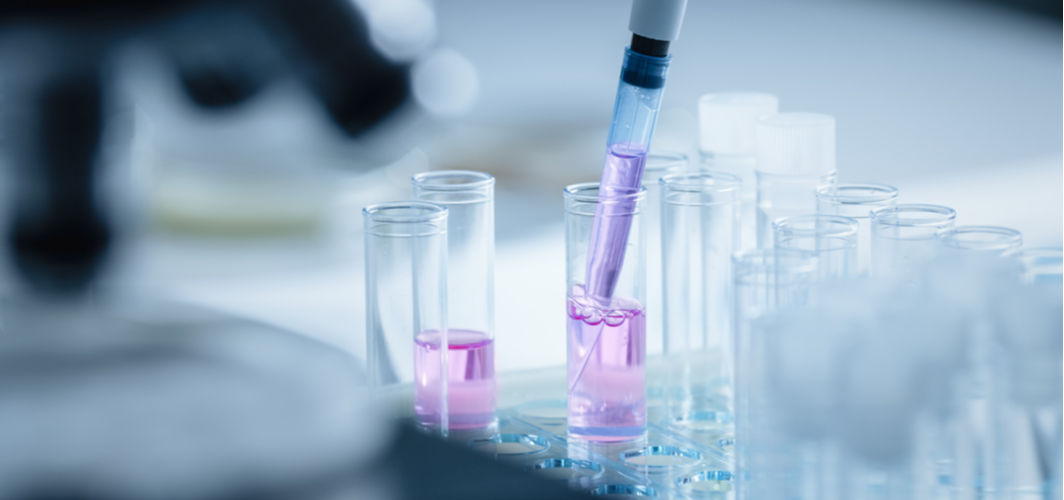
COVID-19 Vaccines
Mixing Vaccines Could Boost Efficacy, Research Indicates
While both Covaxin and Covishield have proven their efficacy individually, a recent study has shown that the mix of both vaccines could be more effective against COVID-19 infection.
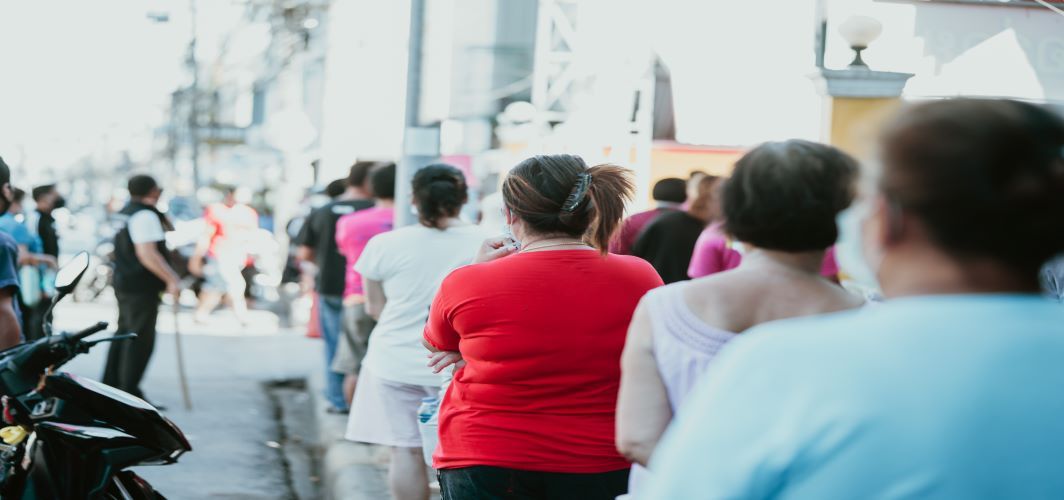
COVID-19 Vaccines
How does India plan to rollout the COVID-19 vaccine?
Ensuring equitable distribution of COVID-19 vaccine in a vast country like India will require extraordinary efforts.
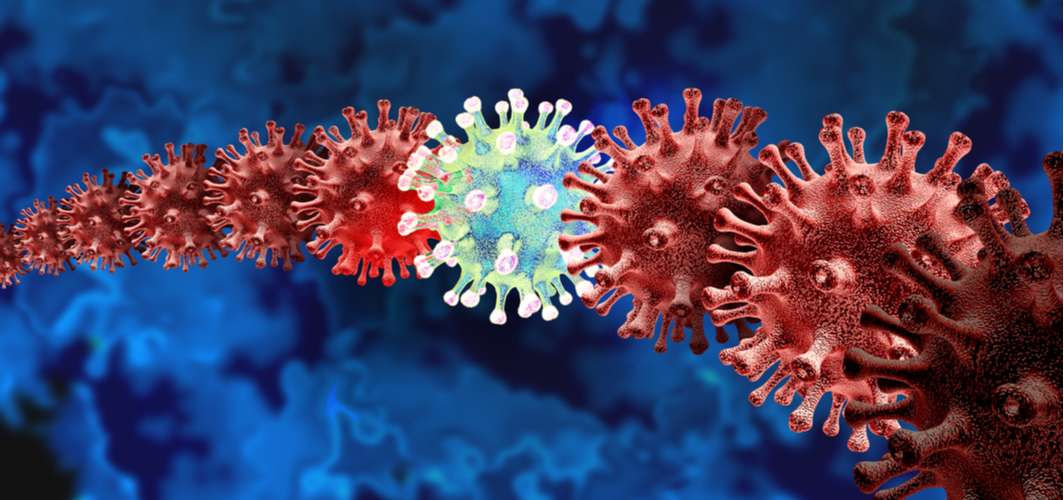
COVID-19 Vaccines
COVID-19 variants of concern: Why vaccines alone may not be enough
Unless urgent measures are taken, these new variants of concern will put vaccination and other pandemic control measures at the risk of getting derailed.
Subscribe
Sign up for our free Health Library Daily Newsletter
Get doctor-approved health tips, news, and more.
Visual Stories
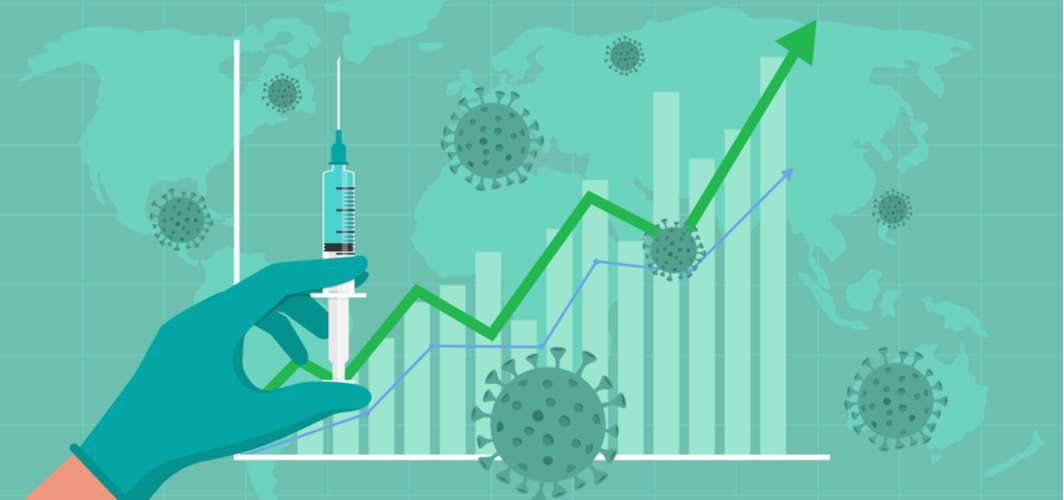
COVID-19 Weekly Vaccine Round-Up [11th May 2021]
Tap to continue exploring
Recommended for you

COVID-19 Vaccines
Mixing Vaccines Could Boost Efficacy, Research Indicates
While both Covaxin and Covishield have proven their efficacy individually, a recent study has shown that the mix of both vaccines could be more effective against COVID-19 infection.

COVID-19 Vaccines
How does India plan to rollout the COVID-19 vaccine?
Ensuring equitable distribution of COVID-19 vaccine in a vast country like India will require extraordinary efforts.

COVID-19 Vaccines
COVID-19 variants of concern: Why vaccines alone may not be enough
Unless urgent measures are taken, these new variants of concern will put vaccination and other pandemic control measures at the risk of getting derailed.